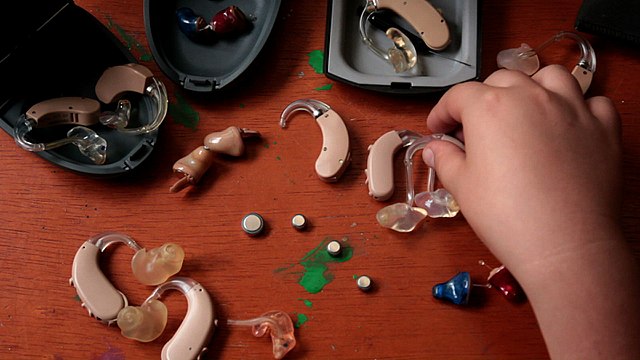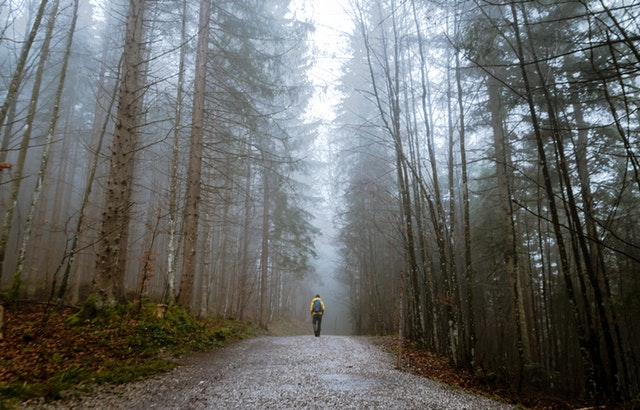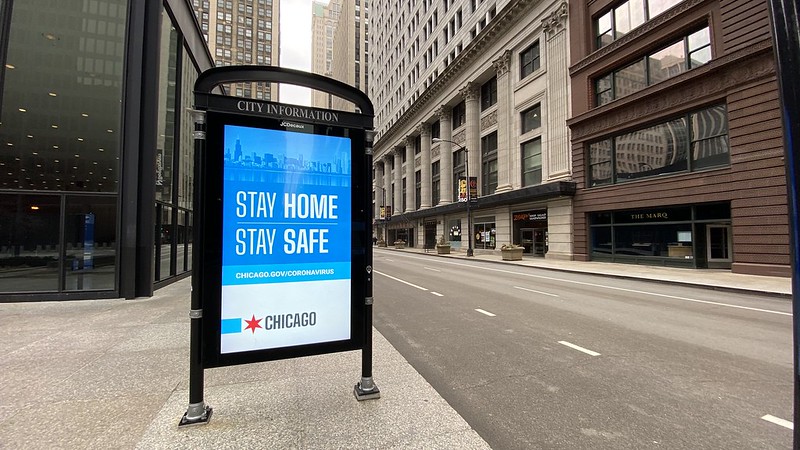Third-hand smoke is the residue that secondhand smoke leaves behind. We’re lucky there’s no such thing as third-hand sound, because we have more than enough sound, says Dr. Daniel Fink.
Article Category:
Dr. Daniel Fink
Article Categories
What to do when people shout into their cell phones near you
What to do when people shout into their cell phones near youWhat to do when people shout into their cell phones near you? The NY Times’ Philip Galanes suggests you politely ask them to lower their voice, but know that the response may not be polite.
Is your music making you deaf?
Is your music making you deaf? Technically, no, says Dr. Daniel Fink. But loud music can cause hearing loss and tinnitus, which are occupational hazards for rock musicians.
(Re)learning to run without headphones
Dr. Daniel Fink points us to a delightful essay on learning to run without headphones if your smartphone dies. You just might rediscover the joy of listening to the world.
Why can’t you hear?
Why can’t you understand speech in a noisy room? The problem is known as “speech in noise,” and the cause is hidden hearing loss. Now researchers have developed at test to measure hidden hearing loss.
Can hearing aids help prevent dementia?
Can hearing aids help prevent dementia? A NY Times article reviews research that suggests they might. Dr. Fink says a better option is to prevent hearing loss in the first place.
April 29 is International Noise Awareness Day
April 29 is International Noise Awareness Day, and Dr. Daniel Fink wonders if people worldwide will focus on listening now that lockdowns have resulted in dramatic reductions in noise.
Nature’s sounds calm urban anxiety
Dr. Daniel Fink writes about Paige Tower’s interesting essay on how New York City’s noise worsened her anxiety, and how a move to a place closer to nature’s sounds helped her regain her calm.
Noise abates as the pandemic rages on
One consequence of the pandemic is that the world is getting quieter, writes Dr. Daniel Fink. He points us to work showing low frequency noise created by humans has decreased as people stay home.








